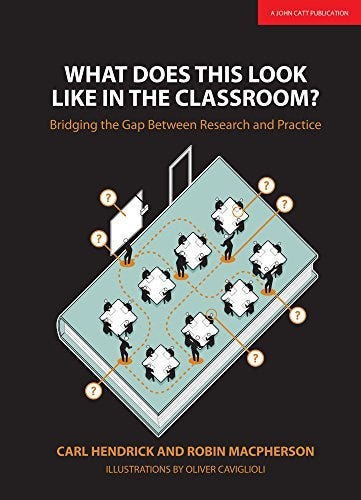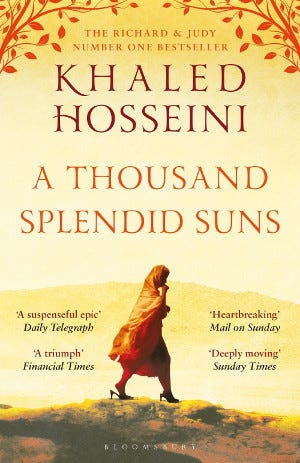
Welcome to Flight 016 (April 2025)! This flight is a week delayed, but we have finally arrived. This month we have an interesting study guide: analytical reading. It is part of my broader attempt to implement academic skills in secondary education.
There are also two listening tasks again. A few new ‘5-minutes On’ episodes have been published by the BBC, but it is far less than what it used to be. I will look for older, yet timeless, episodes to keep the tasks interesting. More importantly, the ‘5-minutes On’ page is still available internationally. Therefore, I have decided to go back to two listening tasks. The newer one is about exam stress, the older about Daniel Radcliff’s stunt double who got seriously injured on the set of the Harry Potter movies.
In the speaking section we continue our presentation lesson series with anxiety: how to deal with it heads on. For writing we go into the art of rhetoric: how to persuade people. We will polish our grammar with reported speech.
Don’t forget to suggest ideas for material. I want to do creative writing and literature, but also know I can completely lose myself in those topics. Is there material you miss for your lessons? Maybe I can help out!
Enjoy the material and I will see you next month!
Flight 016
Flight 016 is now available for download. You can download the complete Flight 016 here (zip-file in Dropbox):
Flight 015 will still be available for a month.
Flight 016: Contents
Study Guide 025: planning
Study Guide 026: analytical reading
4 OWL assignments
Advanced Grammar 011: reported speech
Idioms 011: universe
Phrasal Verb 011: FALL
Word Formation 011: PROBABLE
Listening 024: 5 Minutes On - “How to support students through the stress of exams”
Listening 025: 5 Minutes On - “The Boy Who Lived - Harry Potter's Stunt Double”
Speaking - Cooperation 011: healthy life
Speaking - Individual Long Turn 011: buying things
Speaking - Pronunciation 011: sj-sound (/ʃ/) and zj-sound (/ʒ/)
Speaking - Presentations 11: anxiety
Essay Writing 08: rhetoric
Reading
TheStoryGraph is a wonderful Goodreads alternative which gives a lot of detailed information on your reading. You can find me there at _bookmoth. Below you will see my reading of March.
Reading tip
What does this look like in the classroom by Carl Hendrick and Robin MacPherson
★★★★☆
I would not say this is the first book you should read as an educator (that still would be Why Don’t Students Like School by Daniel Willingham), but this would be a good second. Many of things discussed in this book have already been laid out in other books, but the approach is different. Each chapter is briefly introduced and followed by two interviews with an expert from the field. Topics like assessment, behaviour, and motivation will be explored and the interviewees are well-known. Daisy Christodoulou, Alex Quigley, Paul Kirschner, Pedro de Bruyckere, Tom Bennett, and more give their thoughts on each topic, making the book stand out from the rest.
The Winter King by Bernard Cornwell
★★★★★
The Winter King is an Arthurian story you have never read before as Cornwell focuses more on the historical background rather than the well-known magical story. This is a good thing. A very good thing.
The novel is set in a period of time where the Romans have left and the Anglo-Saxons have started their raids. Meanwhile, the Britons, Celts, fight among themselves for becoming High King. It is up to Arthur to make Mordred, still a baby, the future King of England.
It is told from the perspective of Derfel, a monk secretly writing down the story. In intervals, we read about him discussing the story with Queen Igraine. This framed story gives a different and interesting take on the Arhurian tale. Igraine is the reader's voice, asking Derfel about the common ideas (misconceptions) about the Arthurian legend, while Derfel refutes these misconceptions and tells the tale from his limited perspective and personal development. Derfel was there. He was a warrior participating in the many battles and witnessing the politics behind them.
Although Merlin's and Lancelot's part in the story can't be defended historically, Cornwell admits that they have become such an integral part of the story that he can't omit them.
The book has a good pace and variety. There are many battles, but there is also character development and historical background. The writing style is accessible but not simplistic.
Although not being literature, students enjoying fantasy should not miss out on this trilogy.
Student Read of the Month
The Student Read of the Month is A Thousand Splendid Suns by Khaled Hosseini. Although the book is less popular than The Kite Runner it still finds students who love reading it. Sadly, the theme, women survival under Taliban rule, has become topical again, but that might also draw interest from students.
Set against the backdrop of Afghanistan’s troubled history, A Thousand Splendid Suns follows the intertwined lives of Mariam and Laila. Through their individual struggles, the story explores themes of love, abuse, resilience, and the enduring power of hope in the face of adversity.
Author: Khaled Hosseini
Year of publication: 2007
Pages: 372
CEFR: B2
Plot Complexity: low
Language Complexity: moderate
Ideas Complexity: moderate
You can find more novel ideas at www.rookreading.com.
Book News (Ben Reads Good)
Book news by Ben. Your March update on anything about books.
Poem of the Month
The poem of this month, although from the 19th century, is quite contemporary. How important it is today to be seen, to be recognised. Many people crave to be somebody, even if it is only an illusion. This poem by Dickinson can be used as a starter in a class discussing media literacy. What does it mean to be somebody? Is it bad to be nobody? What does that even mean?
I’m Nobody! Who are you? (260)
by Emily Dickinson
I’m Nobody! Who are you?
Are you – Nobody – too?
Then there’s a pair of us!
Don’t tell! they’d advertise – you know!
How dreary – to be – Somebody!
How public – like a Frog –
To tell one’s name – the livelong June –
To an admiring Bog!






